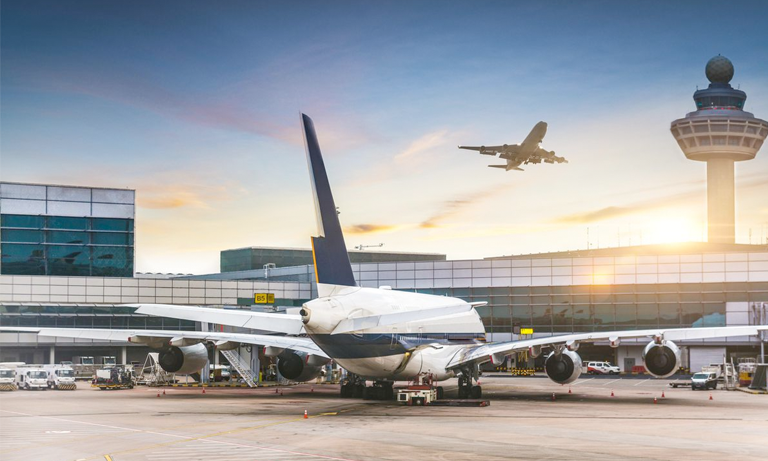 Business travelers may need to apply for a visa, work permit or other documentation before travelling to the EU / EEA / Switzerland
Business travelers may need to apply for a visa, work permit or other documentation before travelling to the EU / EEA / SwitzerlandWhether you’re attending a conference or providing services, because the UK left the EU, there are changes to business travel, such as new visa, work-permit and qualification recognition requirements. To travel for business in the EU, please prepare in good time.
- You will need to check the rules for each of the European Member States that you will visit.
- Common travel area rights are unaffected. If you are a British or Irish citizen, you can work and live in the UK or Ireland without needing additional permission.
Your visa, work-permits
Business travelers may need to apply for a visa, work permit or other documentation before travelling to the EU / EEA / Switzerland. You should visit the specific country guides and the EU Immigration Portal to find out the entry requirements for the country/countries you are travelling to and how to apply for a visa and/or work permit, if needed.
You will need a visa or work permit if you are:
- Taking part in activities or providing services that are not covered by a country’s visa-waiver rules
- Staying for more than 90 days in a 180-day period for any reason
- Transferring from the UK branch of a company to a branch in a different country (‘intra-corporate transfer’), even for a short period of time
- Carrying out contracts to provide a service to a client in another country in which your employer has no presence
- Providing services in another country as a self-employed person
Your Luggage
You need to be aware of new personal allowance rules when travelling between Great Britain and the EU. For information on allowances and to make any necessary declarations, visit gov.uk/duty-free-goods.
If you’re taking goods to another country temporarily for business reasons and you think you’ll be over the duty-free limit of £390, you can usually get an ATA Carnet to avoid paying duty. This includes things like:
- Samples to show at trade fairs or sales meetings
- Publicity materials
- Recorded film and audio
- Equipment you need for work like laptops, cameras or sound equipment
- Goods for educational, scientific or cultural purposes
- Personal effects and sports goods
You will need to make a customs declaration if you are taking commercial goods out of the UK in your accompanied baggage or vehicle. Check the rules around Merchandise in Baggage for more information.
You need to make a declaration if you’re carrying £10,000 or more in or out of Great Britain from any country, including the EU. To check the guidance or obtain an online form, visit gov.uk/guidance/taking-cash-in-and-out-of-great-britain
Your Earnings
Check if you will still have to pay UK Income Tax, and find out whether you will pay social security contributions in the country where you work or in the UK. Check the guidance at gov.uk/working-abroad/tax.
Your Qualifications
To continue to practice or service clients in the EU (e.g. for engineering, teaching or legal services), make sure your qualifications are recognised by the relevant regulatory or professional body. Check the European Commission’s Regulated Professions Database (REGPROF) to find out if your profession is regulated. Then contact the relevant country to find out how to get your professional qualification recognised.
Your Insurance
If you are responsible for a business that sends staff abroad, check whether you need indemnity insurance for your employees.
And be sure to check the new rules that apply to all travel:
- Check COVID-19 restrictions
- Check your passport’s expiry date
- Get travel insurance that covers your healthcare
- Check you have the right driving documents
Further guidance can be found at gov.uk/visit-europe-2021.





